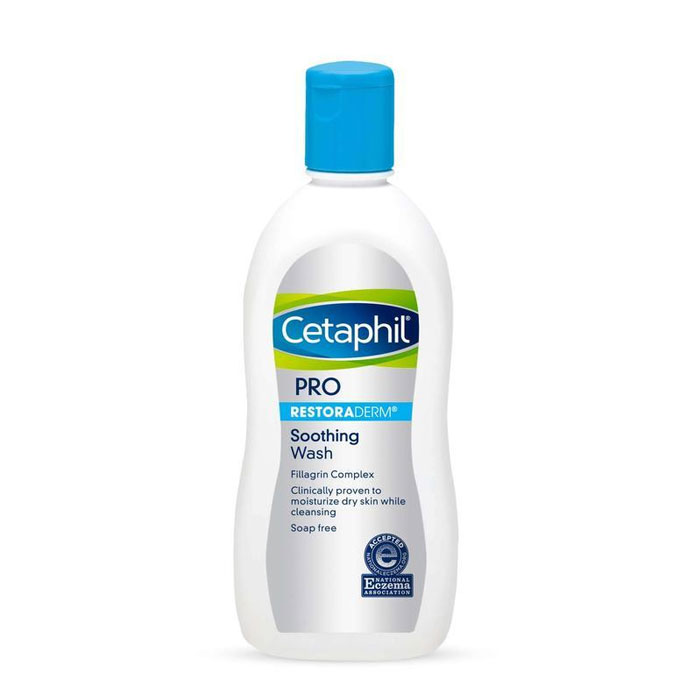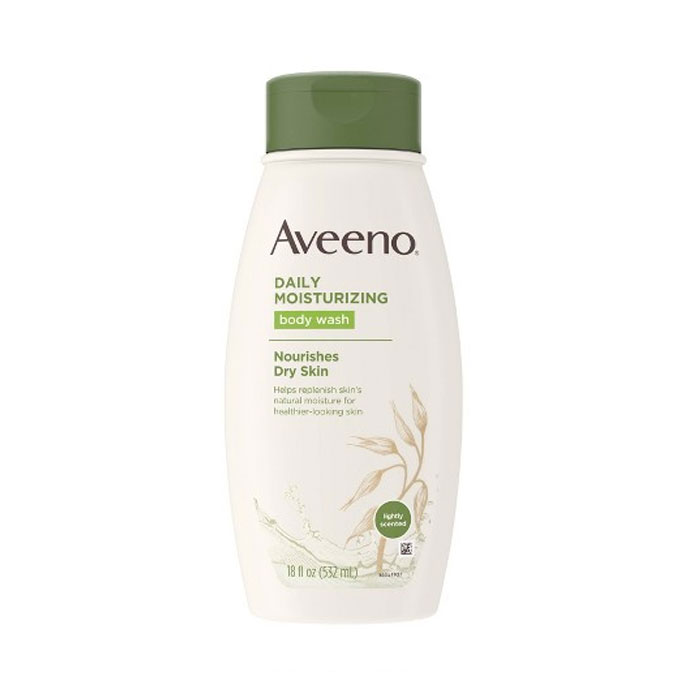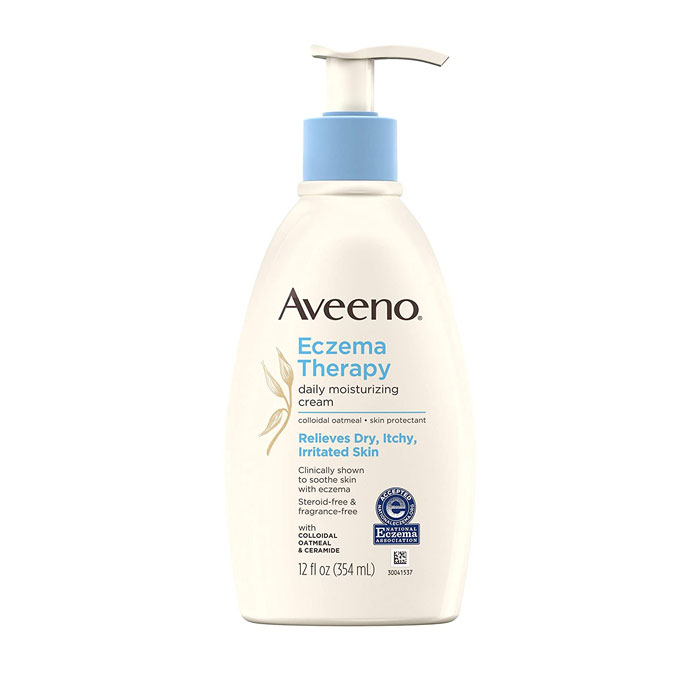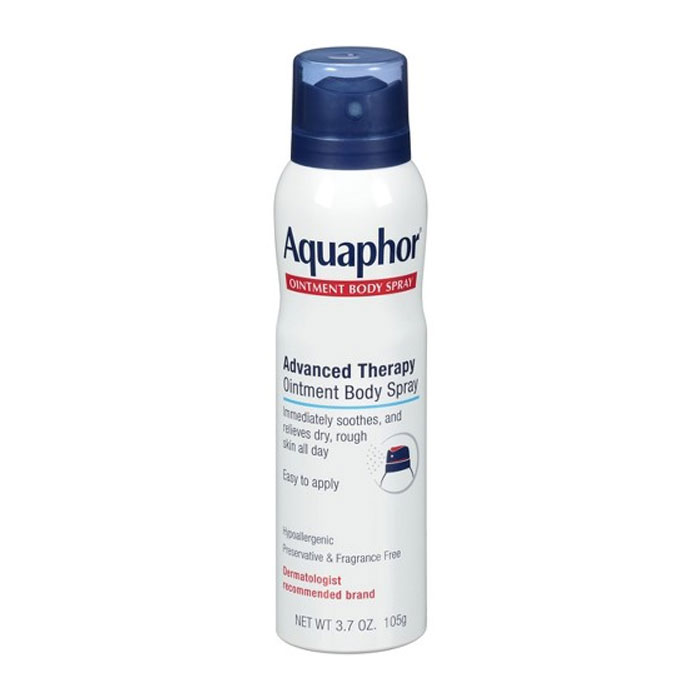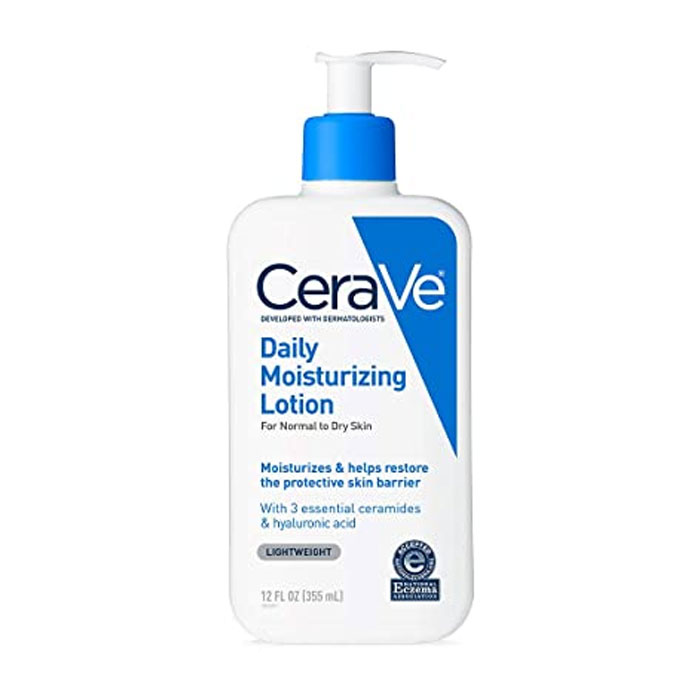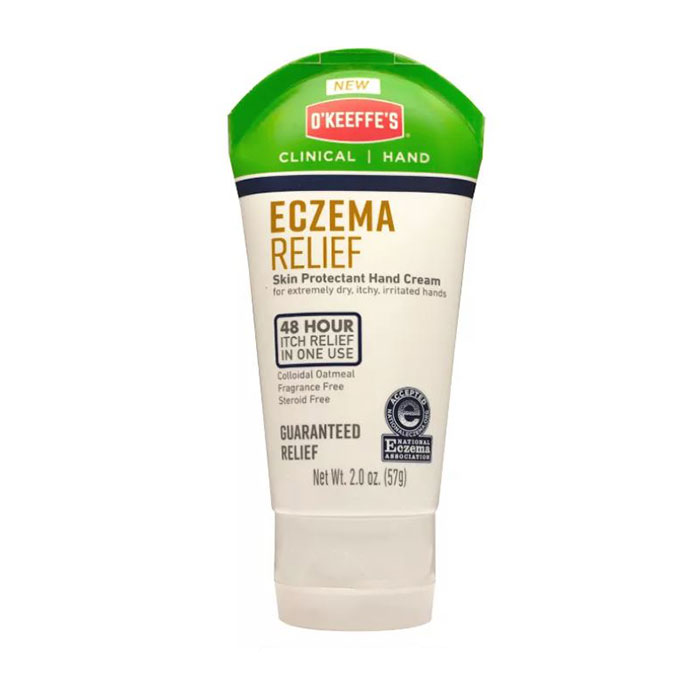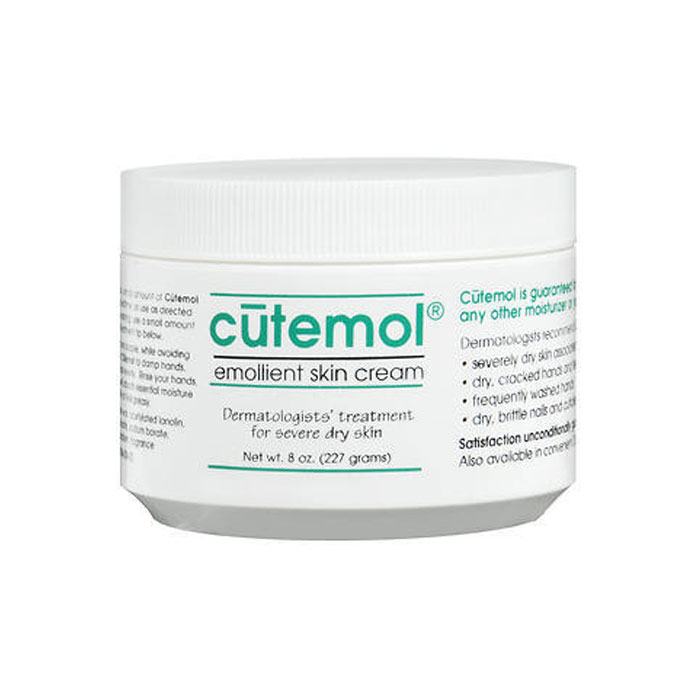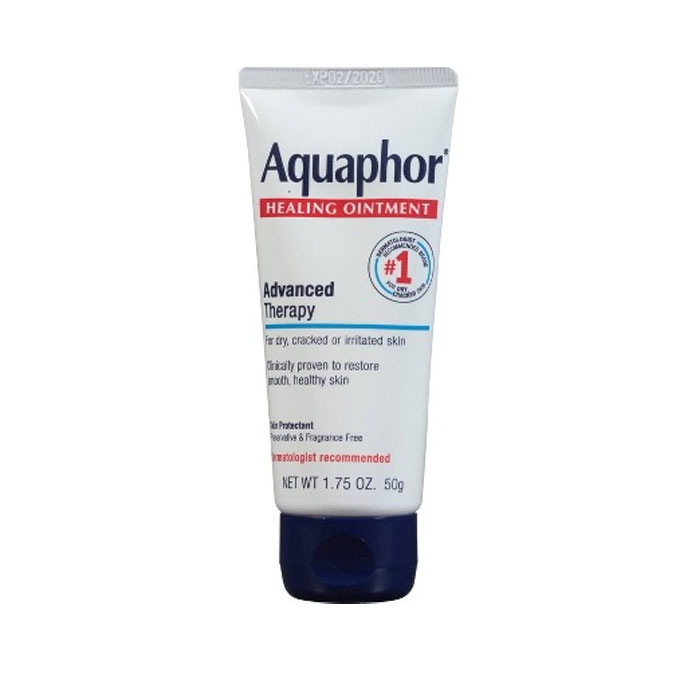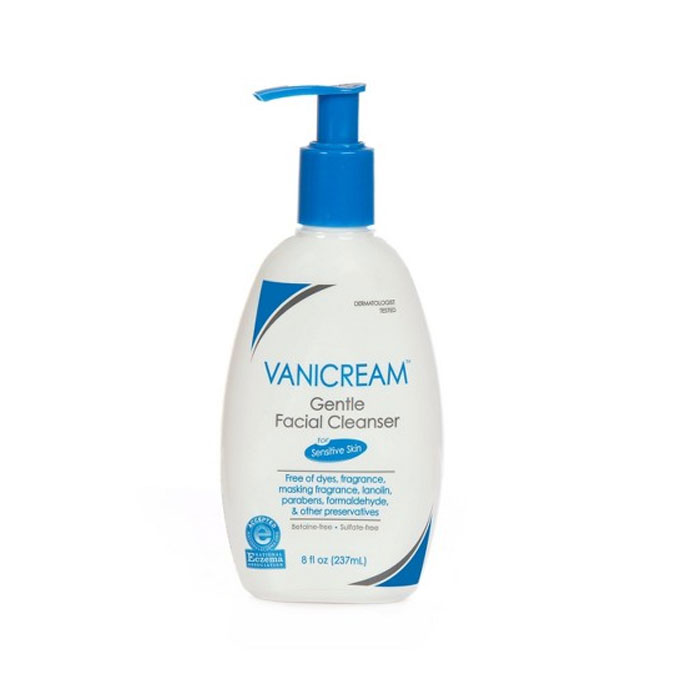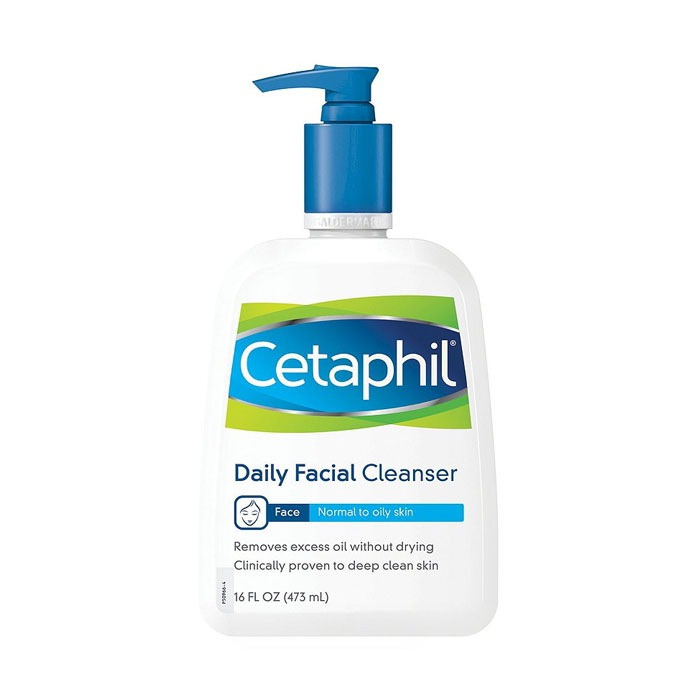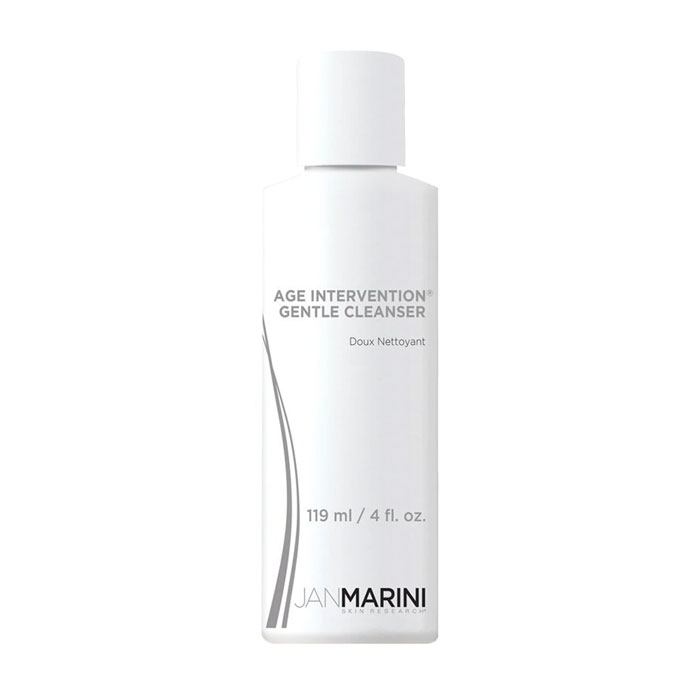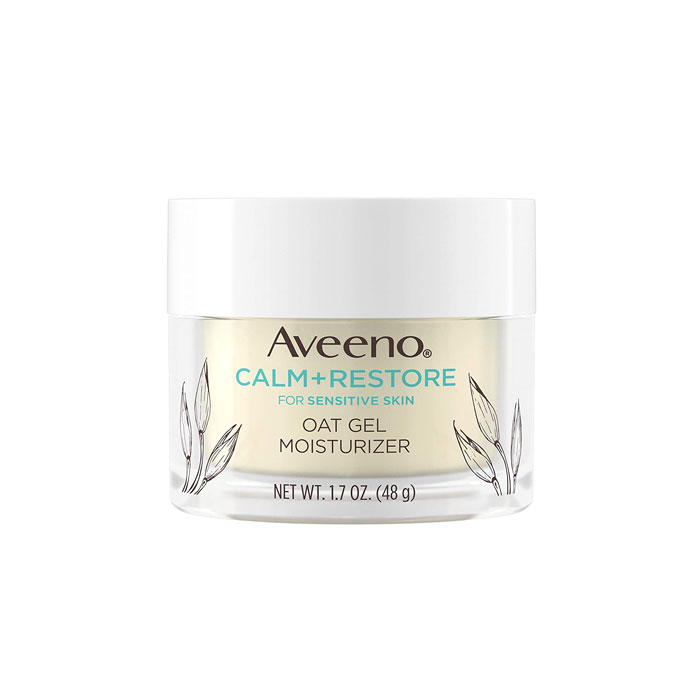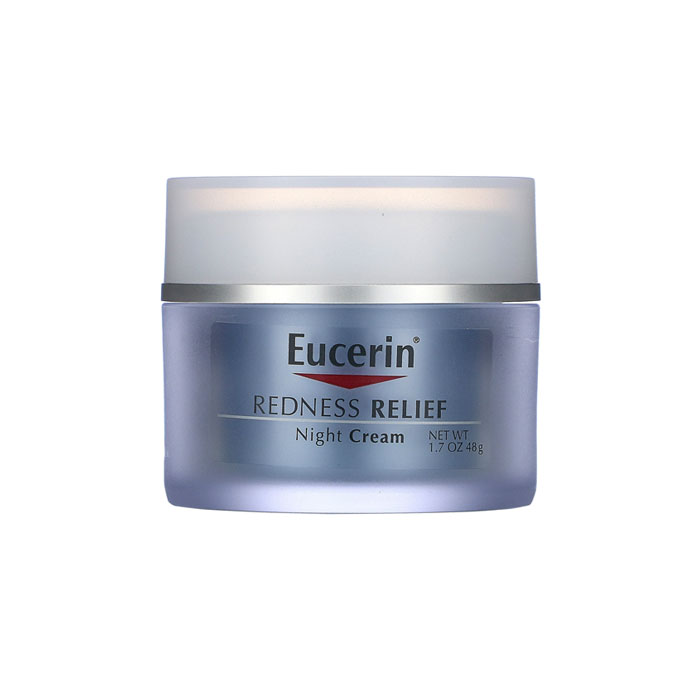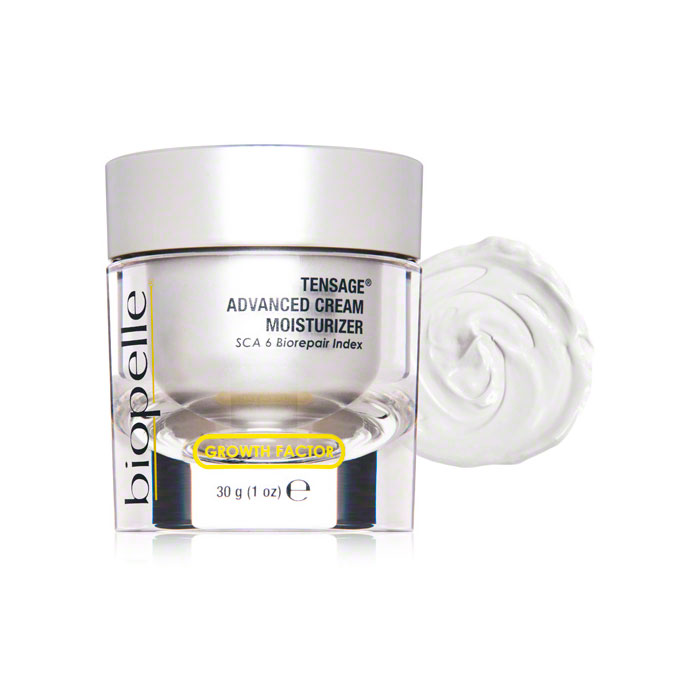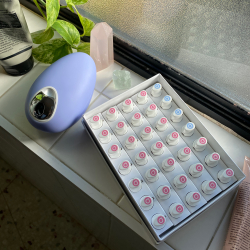
14 Eczema-Friendly Skin-Care Products Dermatologists Love
Soothe and repair your skin with a little help from the experts.
If you’re one of the 31 million Americans living with eczema—welcome. We know how tough this time of year can be, when the relentless dry, cold weather can exacerbate those patches of red, itchy, scaly skin. Whether you have atopic dermatitis, contact dermatitis, dyshidrotic eczema, nummular eczema, seborrheic dermatitis, or stasis dermatitis, you’re likely seeing a flare-up or two once the temperatures start to drop. “This is due to loss of skin moisture into the surrounding, less humid environment,” explains Dr. Orit Markowitz, associate professor of dermatology at the Icahn School of Medicine at Mount Sinai. “Therefore, most types of eczema flare up in the winter.”
Patches of eczema can appear anywhere on the body, says Dr. Shereene Idriss, board-certified cosmetic dermatologist, but “traditionally, eczema affects the flexural surfaces, particularly at the bend of the elbow or knees. Extremities, face, and neck are [also] classically affected.”
Not only does the dry environment of winter trigger eczema, but Beverly Hills–based, board-certified dermatologist Dr. Tess Mauricio cites the use of hot water and heaters as potential culprits (two things that are crucial to our winter weather routines).
Dr. Mauricio goes on to explain that the products in your medicine cabinet also have the potential to aggravate eczema patches, especially those on your face (where you’re likely applying the bulk of your skin-care products). “Benzoyl peroxide, retinol, glycolic acid, and alcohol can irritate eczema flares,” she says. “If you are prone to eczema, you may need to decrease the frequency of use and use moisturizer more often.” Fragrances, wool clothing, essential oils, urea, lanolin, and ethanol all made our experts’ lists as ingredients and products to avoid if you have eczema.
Obviously, any sort of skin condition should be discussed with your doctor or dermatologist in order to best treat it, but luckily there are several over-the-counter options to help soothe the redness, itching, and scaly texture.
First things first—you’ll need to know what specific ingredients to look for in your skin-care products, whether you use them for your face or body. These include: oat, shea butter, avocado, hyaluronic acid, fatty acids, glycerin, and ceramides. Always pay attention to what’s on your product’s label, especially if you have sensitive or reactive skin, and remember to moisturize as soon as you exit the shower or bath—that will help lock in moisture and prevent a flare-up. Using a humidifier, eating a healthy diet, and managing stress and anxiety are all helpful lifestyle changes that can keep your eczema under control, no matter the season.
In order to find the most soothing and effective products for eczema, we polled all three dermatologists to learn what over-the-counter products they recommend to their patients for an extra boost of moisture and healing. Here are their 14 favorites.
Body Lotion
Facial Cleanser
Photo: Shot on site at 6 Columbus. On Solveig: Rings, Baker & Black, Azlee; Hair, Angela Soto; Makeup, Andriani.
Want more stories like this?
This Breakfast Food Can Help Treat Your Eczema
Consider This Chemical Exfoliator If You Have Dry or Sensitive Skin
4 Facial Yoga Exercises to Firm Your Jaw, Minimize Fine Lines, and Banish Jowls





